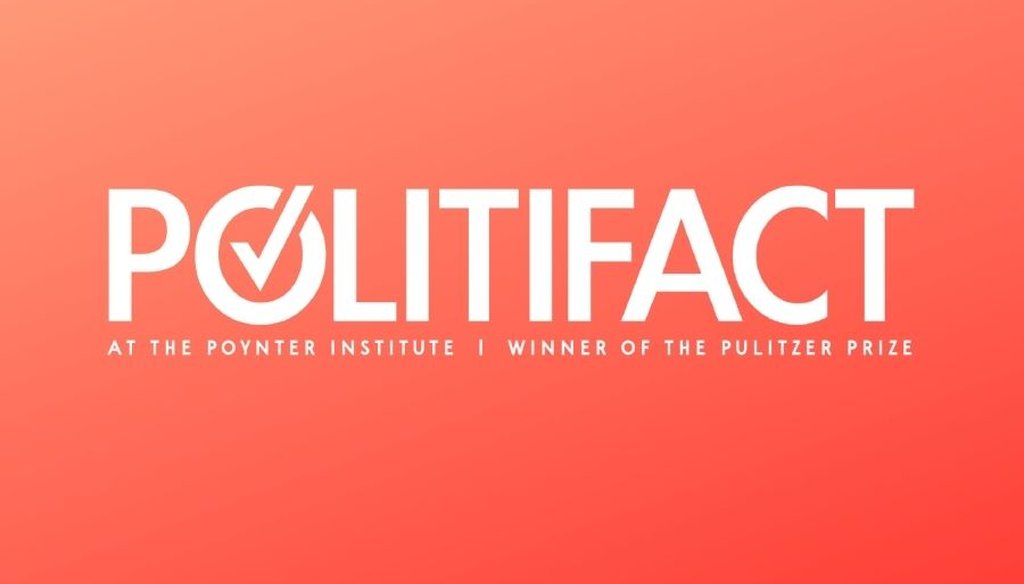

Our only agenda is to publish the truth so you can be an informed participant in democracy.
We need your help.


People who apply for and receive food stamps -- known as FoodShare in Wisconsin -- would be restricted in their use of food stamps under a bill pending in the Legislature.
State Rep. Dean Kaufert said he was after things like soda and nachos when he proposed to limit how much junk food Wisconsinites could buy with food stamps.
"Hopefully, people’s health will get better," the Neenah Republican said in March 2013.
But when the former potato chip salesman’s bill came up May 7, 2013, for a vote, there were signs of indigestion on the Assembly floor in Madison.
"The list of foods that you'd be restricted from buying under this is -- I don't know who came up with it. I think it's kind of shocking," complained Rep. Fred Clark, D-Baraboo.
Clark continued by saying "we're going to prevent -- or limit -- the extent to which" food stamps could be used for a long list of foods -- including organic foods.
Sure, sugary drinks and melty cheese might sometimes addle our brains. But organic foods are supposed to be better for you, right?
So, is Clark correct -- would the junk food bill, approved by the Assembly minutes after his comments, prevent or limit the use of food stamps for organic foods?
The program
The food stamps program, known formally as the Supplemental Nutrition Assistance Program, or SNAP, is run by the U.S. Department of Agriculture. Federal funds pay for all of the benefits, although the states share the administrative costs with Uncle Sam.
Food stamps -- actually, it’s a plastic card you can swipe electronically at the store -- are available to working and non-working people who have a low income. The benefits can generally be used to buy any food or food product, but hot foods cooked in the store, as well as alcoholic beverages, tobacco and pet food, are prohibited.
In Wisconsin, the program is called FoodShare. It serves more than 850,000 adults and children, or 15 percent of the state’s residents, at a cost of more than $1 billion per year.
Junk-food bill
To take effect, Kaufert’s bill would need approval not only from the state Senate and Gov. Scott Walker but also the federal government. That's unlikely (for Wisconsin and South Carolina, which is considering a similar measure), Governing magazine suggests, given the USDA has denied every request like Kaufert’s that's been submitted for a federal "waiver."
But let’s get the bill out on the table, anyway.
Kaufert’s measure does not define junk food; rather, it would require FoodShare recipients to spend at least two-thirds of their benefits on a list of foods deemed by the state as healthy.
The healthy foods list would have two components.
It begins with a roster of foods approved by another federal-state food program -- Women, Infants and Children (WIC); then the bill adds some other food types, as well.
So, where does that leave organic foods?
Well, since the bill wouldn’t make any changes for one-third of a FoodShare recipient’s benefits, they could be used to buy anything from Funyuns to organic specialty onions. A recipient wouldn’t be prevented from spending all of the one-third on organic foods.
But for the two-thirds portion of a person’s FoodShare benefits, there would be limits.
The bill explicitly says fresh produce, including white potatoes, as well as beef, pork, chicken, and fish, would be on the healthy foods list. So, using the two-thirds to buy organic versions of those foods would be OK, unless the state at some point specifically prohibited them, according to the Legislative Reference Bureau.
On the other hand, WIC benefits can’t be used for organic versions of some foods -- such as milk, cereal, bread and canned or dried peas, beans and lentils. (The government wants to encourage cheaper alternatives to stretch the money beneficiaries receive, according to the state Department of Health Services). Likewise, that means a person on FoodShare couldn’t use the two-thirds portion of their benefits toward those organics, if Kaufert's bill takes effect.
Got it?
FoodShare recipients could still use one-third of their benefits on any kind of organic food (or junk food, for that matter).
But they could use the two-thirds portion only for some kinds of organics.
Our rating
Clark said a bill to limit use of food stamps for junk food would also "prevent -- or limit -- the extent to which" food stamps could be used for organic foods.
There would be limits on which types of organic foods a person could buy with two-thirds of their food stamps, but not for the other third.
The meat-and-potatoes portion of Clark's statement is accurate, but it needs a garnish or two of clarification -- our definition of Mostly True.
Milwaukee Journal Sentinel, "Assembly passes bill requiring that most food stamp benefits go to purchasing healthy foods," May 7, 2013
Center for Media and Democracy’s PR Watch, "Wisconsin bill would treat organic milk, sharp cheddar, brown eggs as ‘junk food,’" May 6, 2013
PolitiFact Wisconsin, "In Context: Lawmaker explains food stamps, junk food plan," March 21, 2013
Wisconsin Eye, video of Assembly debate (quote at 4:28:30), May 7, 2013
E-mail interview, state Rep. Fred Clark, May 8, 2013
Wisconsin Legislature, Assembly Bill 110
Interview and email interview, Wisconsin Department of Health Services communications specialist Jennifer Miller, May 9, 2013
Wisconsin Department of Health Services, "WIC-approved foods"
Interview, Rep. Dean Kaufert chief of staff and policy adviser Adam Field, May 9, 2013
Interview, Wisconsin Legislative Council staff attorney Anna Henning, May 9, 2013
Interview, Wisconsin Legislative Fiscal Bureau analyst Pamela Kahler, May 9, 2013
In a world of wild talk and fake news, help us stand up for the facts.
